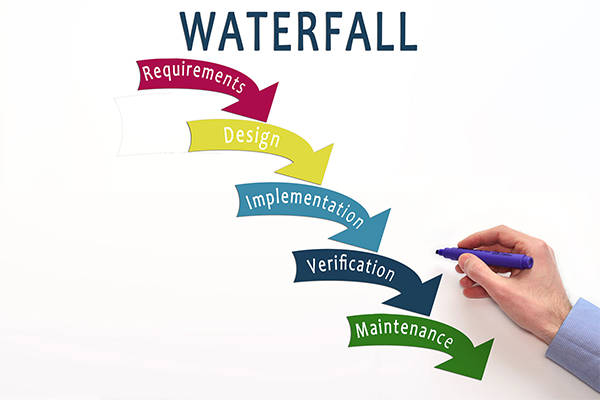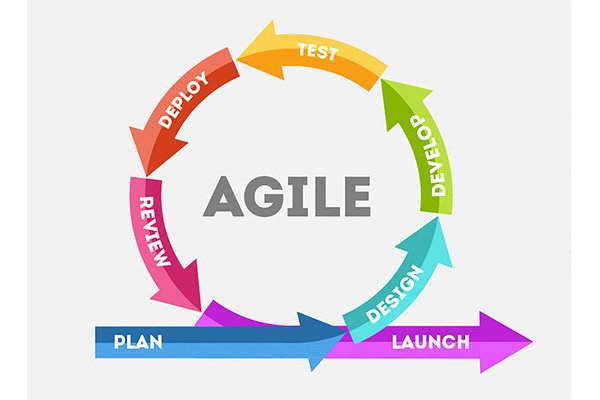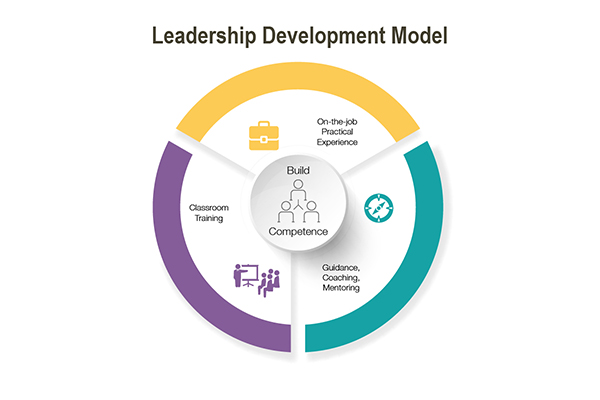Best 5 Diagrams Used to Explain Product Management Concepts
In fact, diagrams are not only that can help people understand the scope of the product and also able to pick up the concept easily. A diagram is not an image. It is an articulation of ideas and concepts in a flow. Absolutely, the flow is easy to comprehend, grasp to remember. Think of it, the moment you enter a meeting, where too many hands are flapping.
Best 5 diagrams for product management
1. Product manager bottleneck
Similarly, a Web Engineer wants to meet with the Product Analyst. And then the PA says, I want to meet with the iOS developer in this regard. In the same way, the ideal approach of PA and iOS developers meet directly, dependent on the PM (product manager). So, the dependency of the team on the product manager to communicate with other members in other teams. The team will affect the workflow and slow the process. Furthermore, the solution to efficient communication is eliminating unnecessary points of contact. In the same way, the number of interactions rapidly increases, and all dependent on Product Management.
.
Advantages
• Map your process and workflow visually to spot congestions.
• Measure the flow metrics on the system level to get a better overview.
• Adjust distribution of resources to resolve bottlenecks.
• Keep the workflow stable and predictable by continuous bottleneck analysis.

2. Waterfall methodology
Familiarly, A waterfall is a linear approach to develop product management and is also known as a plan-driven method. The product might be more properly called the “traditional” approach methodology, the sequence of events is given below:
1. Collect and document requirements.
2. Design.
3. Code and unit test.
4. Perform system testing.
5. Perform user acceptance testing.
6. Fix any errors.
7. Deliver the completed product management.
Advantages
• Planning and designing are more straightforward.
• Progress is easy to measure, as the full scope of the work in advance.
• Except form reviews, status meetings, and approvals.
• A customer presence is not required after complete the requirements phase.

3. Agile method
A team-based development approach established the rapid delivery of an application in complete functional requirements. Rather than developing tasks and schedules, a specific type of Rapid Application Development. However, no new development is regularly implemented using Scrum.
Advantages
• Stakeholder engagement.
• Costs and schedule are predictable.
• Focuses on business value.
• Development is often more user-focused, likely a result of more and frequent direction from the customer.

4. Leadership involvement
The leadership is responsible for the development of strategies to achieve the vision. Once the designer understands the importance of values in the process. The strategy formulation and implementation are simple. The most important role of leadership is to integrate the people with the strategic management process. Completely, implementing a technique or change is done in phases. The company leadership wants to be able to identify each phase of implementation is complete. And then, be ready to start the transition of the company to the next step.
Advantages
- Setting Goals and objectives.
- Crafting a strategy.
- Executing the strategy.
- Evaluating performance.
- The character of the leader.

5. Segmentation value
The rare practices organizations are accustomed to following. Besides, one of the habits of optimizing for the average instead of a segment. Meaning, the organization tends to focus on the average instead of particular segments improving. Once customer data is collected, the data can be used to customers divided into groups. Finally, the segmentation of the customer data will begin to reveal possible target markets. Once a target market is defined, Personas are representations of different types of customers. And lastly, developing personas and better understanding the needs. And the behaviors of the non-customers generate a new product management goal. Finally, modify from an existing product to appeal to the people.
Advantages
• Customer segmentation analysis helps in able to implement process.
• The marketing industries of retail companies.
• Tracking different customer groups, retailers can deeply focus on different variables will help to attract new customers.
• Create brand loyalty and awareness around specific products.

Conclusion
Consequently, the useful diagrams for product management developers can easily be customized to a person’s needs. Hence, the models really help teams in simplifying the process and maintain open communication between inter and intra-teams. The first step to being a good manager is to know your own place in the team. And finally, work towards helping everyone understand work clearly. And also collaborate efficiently to produce a great final product to appease customers.








Leave A Comment
You must be logged in to post a comment.